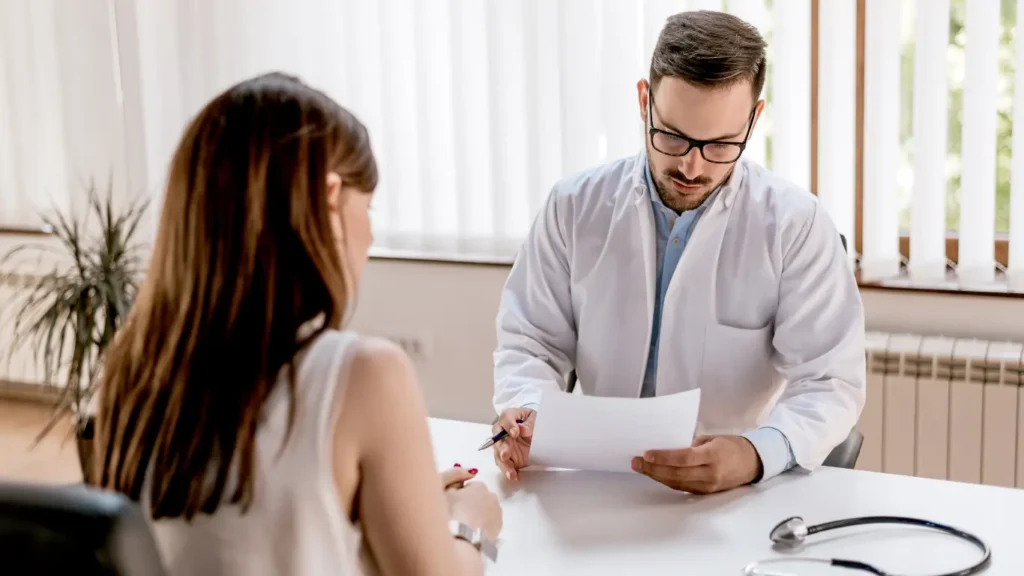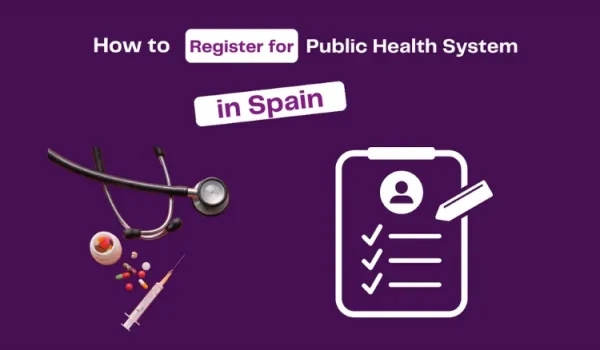If you’re new to Spain, one of the most important first steps is registering in the public healthcare system. This ensures you have access to essential medical services during your stay. Fortunately, the process is simple and requires just a few key documents.
What You’ll Need
To register in the public health system in Spain, you need:
Residency Card (TIE or NIE)
- TIE (Tarjeta de Identidad de Extranjero) is for international students or residents from outside the EU
- NIE (Número de Identidad de Extranjero) is for individuals from EU countries
Empadronamiento Certificate
This is the official proof of your address in Spain, and you receive it by registering with your local town hall (ayuntamiento).
If you’re not sure how to get it, we’ve explained the process in this quick YouTube video on empadronamiento.
Where to Go
Once you have your TIE or NIE and your empadronamiento certificate, visit your nearest Centro de Salud (public health centre). These centres are easy to locate throughout Madrid and act as your entry point into Spain’s healthcare system.
When you arrive, let the staff know you’d like to register. You’ll be asked to provide your documents and, in most cases, assigned a general practitioner. While some centres may not ask for the empadronamiento, it’s always best to bring it with you.
Why This Is Important
Registering gives you access to Spain’s public health system, which includes general medical consultations, emergency care, and prescription medications, often at little to no cost. Whether you’re here for a short programme or a full degree, this step is essential for your peace of mind.

At BLC Spain, we support international students through every step of their journey – from navigating paperwork to settling into daily life. Learn more about life in the city on our Living and Studying in Madrid page.
Join the BLC Spain Community!
From registration to settling in, we help you every step of the way. Discover our Student Support services designed for international students.




